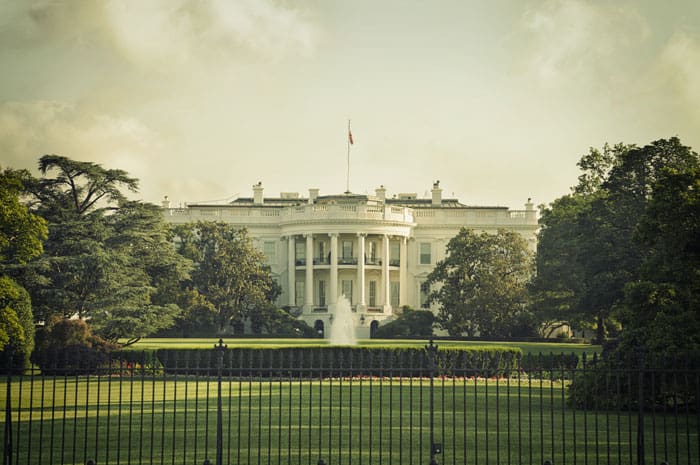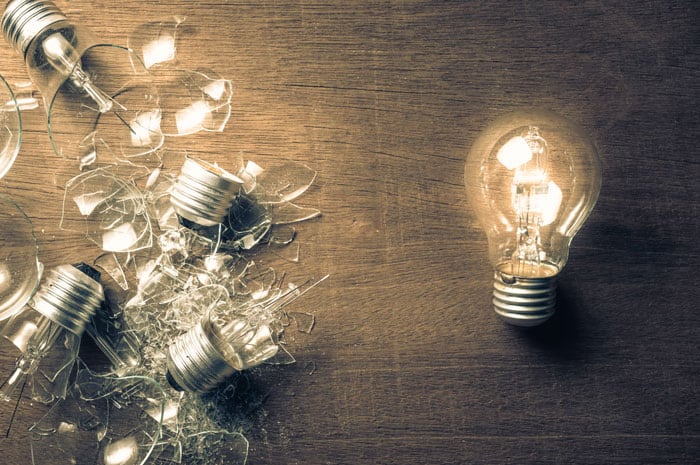
Weekly Themes
Chautauqua Institution is excited to present a snapshot of our themes for the 2024 season.
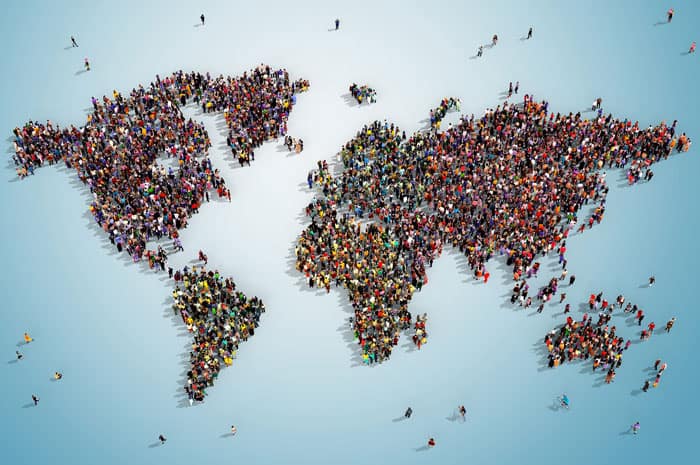
Week Four 2024
July 13–20 • Eight Billion and Counting: The Future of Humankind in a Crowded World
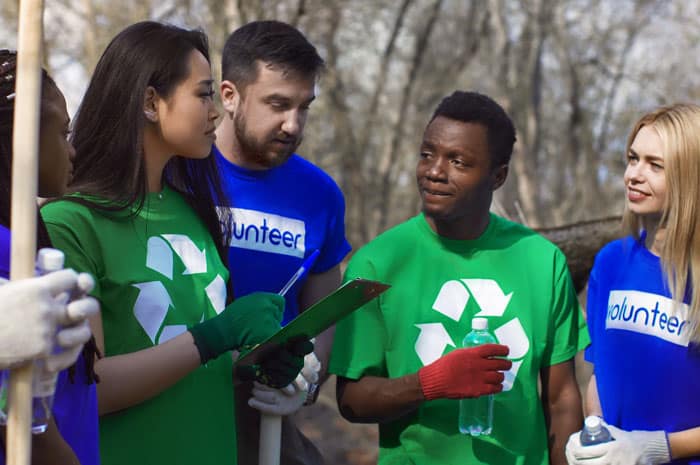
Week Five 2024
July 20–27 • Our Greatest Challenges (That We Can Actually Do Something About)
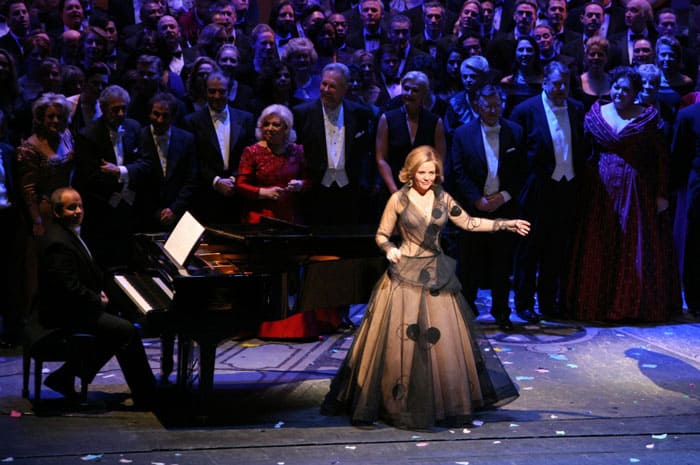
Week Six 2024
July 27–August 3 • Exploring the Transformative Power of Music with Renée Fleming
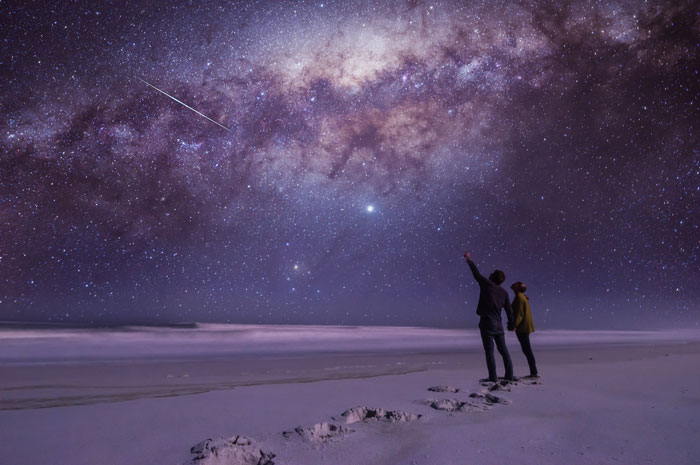
Week Seven 2024
August 3–10 • Wonder and Awe: A Week Celebrating Chautauqua’s Sesquicentennial
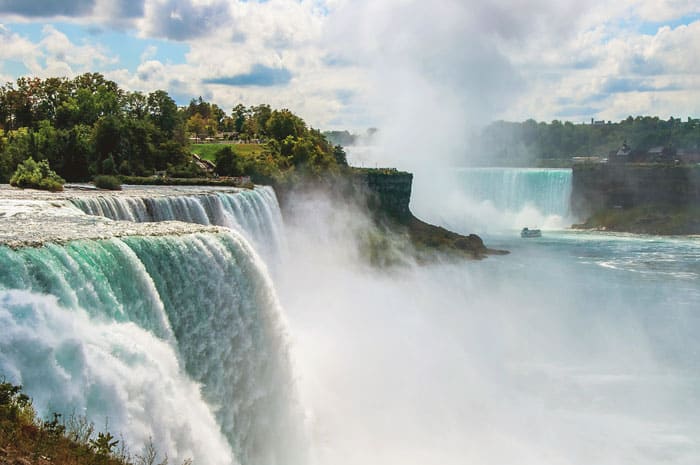
Week Eight 2024
August 10–17 • Water: Crisis, Beauty and Necessity – A Week in Partnership with National Geographic
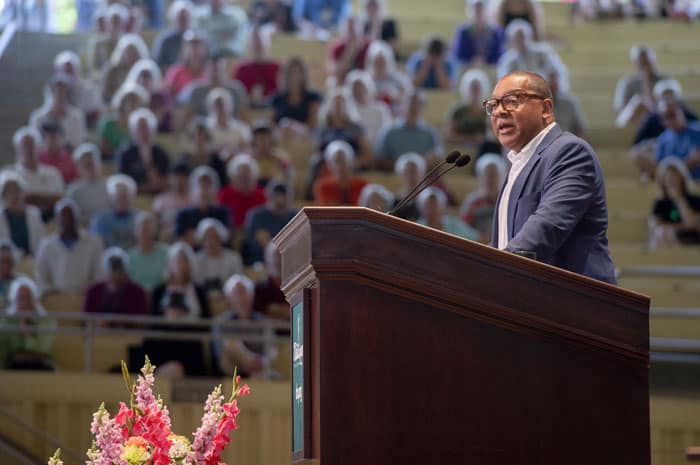
Week Nine 2024
August 17–25 • Rising Together: Our Century of Creativity and Collaboration with Wynton Marsalis and the Jazz at Lincoln Center Orchestra
